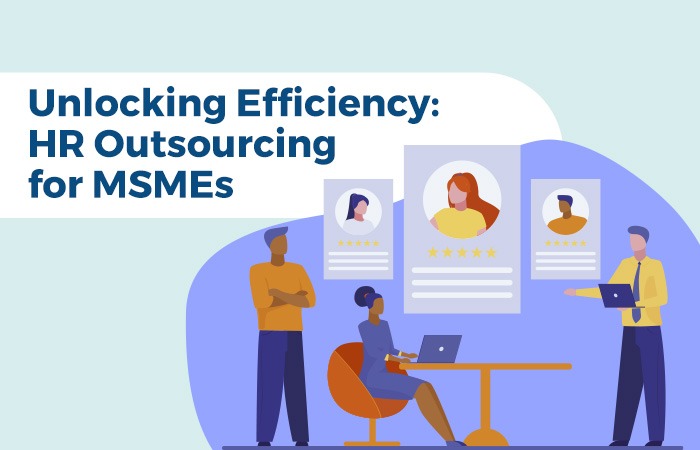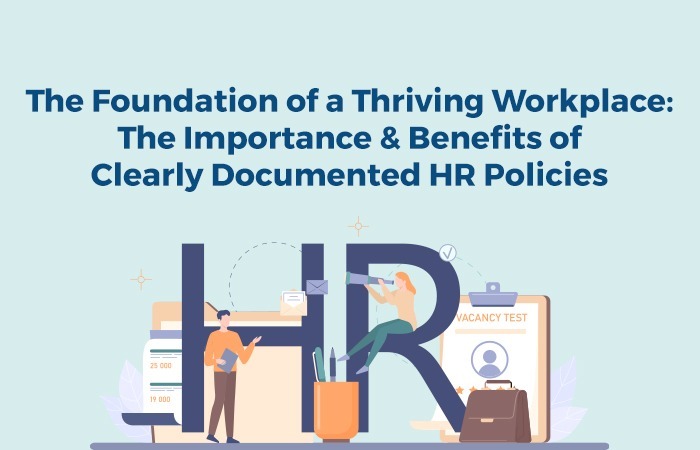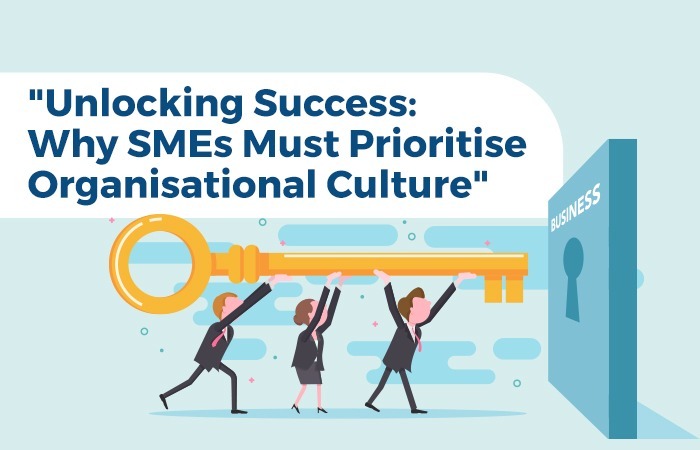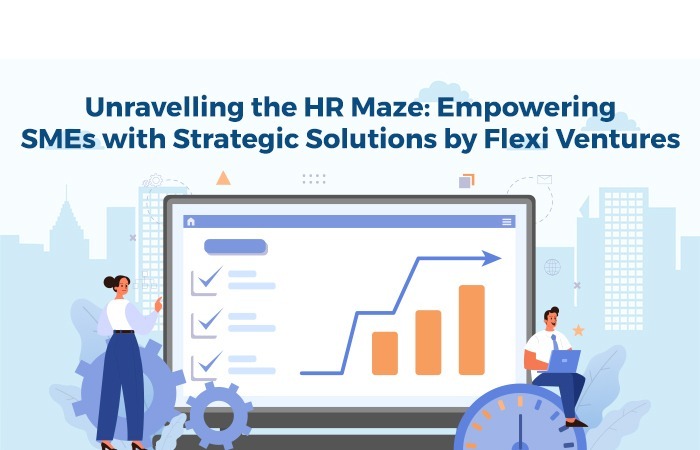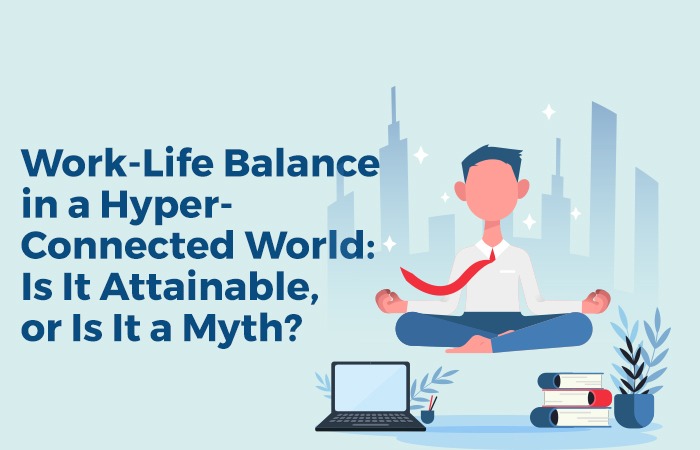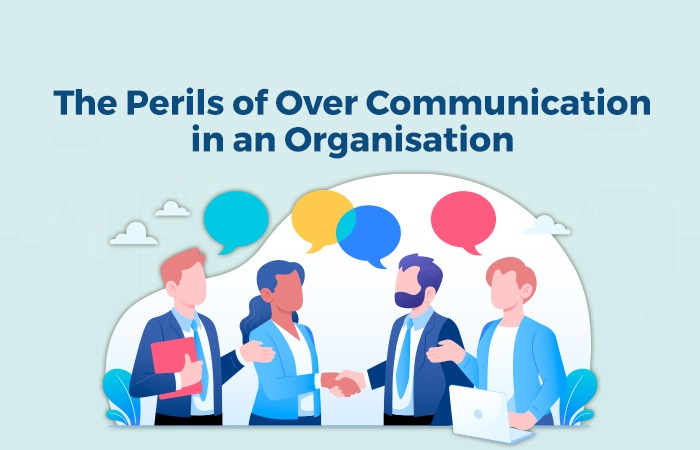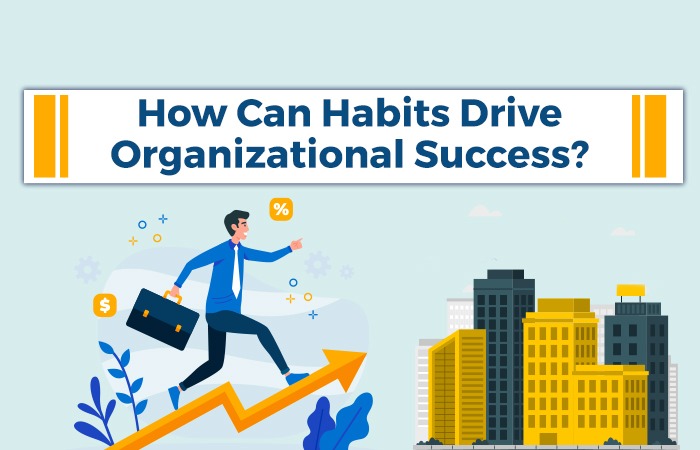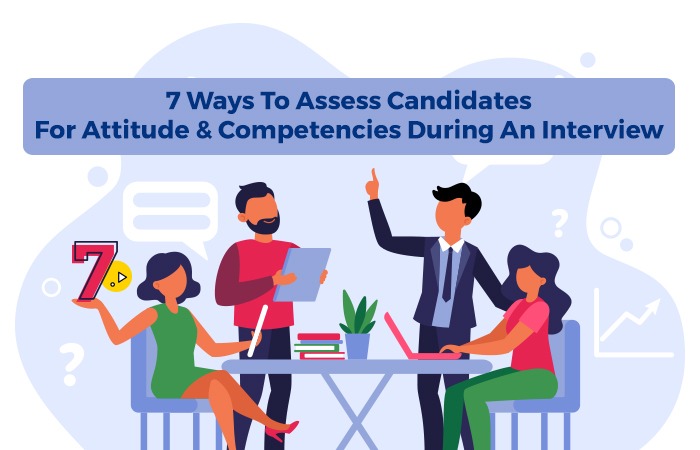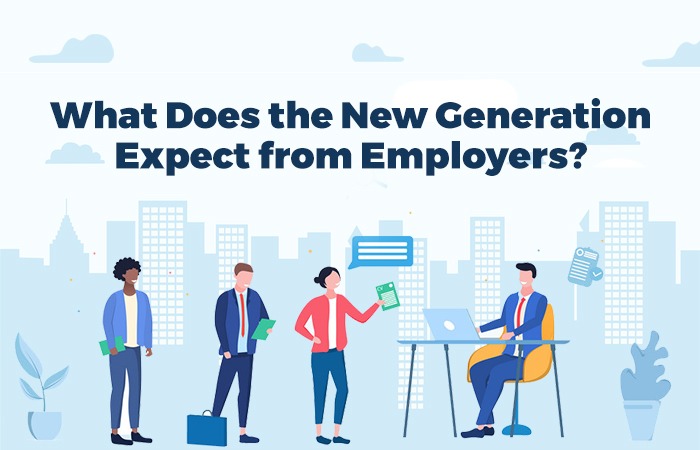Performance reviews being a key element of performance management, help HR teams gain
holistic insights into employee performance. Companies that implement comprehensive
employee evaluations can learn valuable information about members of their workforce, such as
who exhibits leadership potential, who is great at defining scalable processes, or who has
exceptional industry knowledge that can help drive business. Apart from highlighting top
performers, performance reviews also help managers and HR teams identify struggling
employees who need support or performance improvement plans.
A successful review cycle can provide HR teams with visibility to discover workforce skill gaps,
missing resources, and outdated or misaligned goals when done correctly. But getting
performance reviews right takes careful planning and coordination across an organization.
Here’s what one needs to know before building out the performance review process.
Performance reviews are the perfect opportunity to provide constructive feedback to your
employees, understand their personal goals, and make a plan to attain them together. In fact,
giving and receiving feedback is a pillar of any performance review. It’s also a chance for
managers to become better leaders by gaining valuable takeaways from their team.
Questions about employee performance review on the
following categories below:
Here are some performance review questions for managers to use to start a conversation about
your direct report’s overall performance:
● Overall performance and accomplishments
● Employee strengths
● Improvement Opportunities
● Current role
● Future outlook
● Manager-employee relationship
● Company culture
Employee strengths
It’s important that you focus on your team members' strengths and acknowledge what they’re
doing well in their current roles. In asking employees about their perceived strengths, you’re
also going to gain additional perspective, because the qualities they share with you may be
different than the ones you notice. In many cases, there are skills that managers are unaware of
because the employee hasn’t had the opportunity to showcase them yet.
● What skills do you have that you believe we could use more effectively?
● What personal strengths help you do your job effectively?
● What makes you the best fit for your position?
● What kind of work comes easiest to you?
Opportunities of improvement
Next, you want to focus on areas of improvement. This part of the performance review process
isn’t negative by any means – in fact, it’s going to teach you what your employee wants to work
on and how you can help them get there.
● What goals/deliverables were you least proud of? Why?
● How will you do those differences in the future?
● What 2-3 things will you focus on in the next quarter to help you grow and develop?
● What can I do to help you better meet your goals?
● Where do you feel there’s room for you to improve?
Current role
When you discuss your team members’ current roles, you gain an understanding of what they’re
enjoying about their job and which responsibilities they might not be loving as much. This gives
you the opportunity to reorganize their daily tasks where you can, to accommodate them and
therefore also keep them motivated.
● Which job responsibilities/tasks do you enjoy most?
● Which job responsibilities do you least enjoy?
● How do you think your role helps the company succeed?
● What do you like least about your current role?
● What would you change about your current role?
● What do you like most about working for this company?
Future outlook
When you ask about employee aspirations and goals, you begin to understand what really
motivates them. Think about what kinds of tools and resources you can offer to support
professional development and see what you can do to help them achieve their goals for the next
quarter.
Here are some questions you can ask to start a conversation about the future:
● What are your most important goals for the next quarter?
● What do you want your next position at this company to be?
● How would your responsibilities change?
● What professional growth opportunities would you like to explore in order to get there?
● What type of career growth is most important to you?
● What position at the company do you want to move to next?
Manager-employee relationship
A performance evaluation serves as a great chance to build relationships with team members.
Everyone likes to be managed in different ways, so it is really important that you discuss what
kind of management style works best for your employees.
● What (if any) concerns do you have when it comes to giving me feedback?
● How can I alleviate those concerns?
● How do you prefer to receive feedback and/or recognition for your work?
● What are two to three things could I do differently to better manage you?
● What do I do that is most/least helpful for you when it comes to completing your work?
● What can we do to improve our relationship?
● Do you feel that the team is working well collaboratively?
● Where has management helped and hindered your work?
Company culture
Company culture is a huge part of employee engagement and satisfaction. It’s important that
when you check in with your team members you get a sense if individuals feel as if they are
really a part of the larger collective.
● What are the main drivers of success in the company?
● Are you comfortable with our corporate culture, and are there areas that need
improvement?
● What’s your favourite part about working in this company?
● How can we make our company more inclusive and diverse?
● When have you felt the proudest about being part of this company?
Performance reviews help managers gain valuable insights from their teams. If you want to use
this opportunity to understand your team’s goals and help them reach their optimal
performance, make sure to ask about the following 7 topics:
1. Overall performance and accomplishments
2. Employee strengths
3. Areas of improvement
4. Current role
5. Future outlook
6. Manager-employee relationship
7. Company culture


